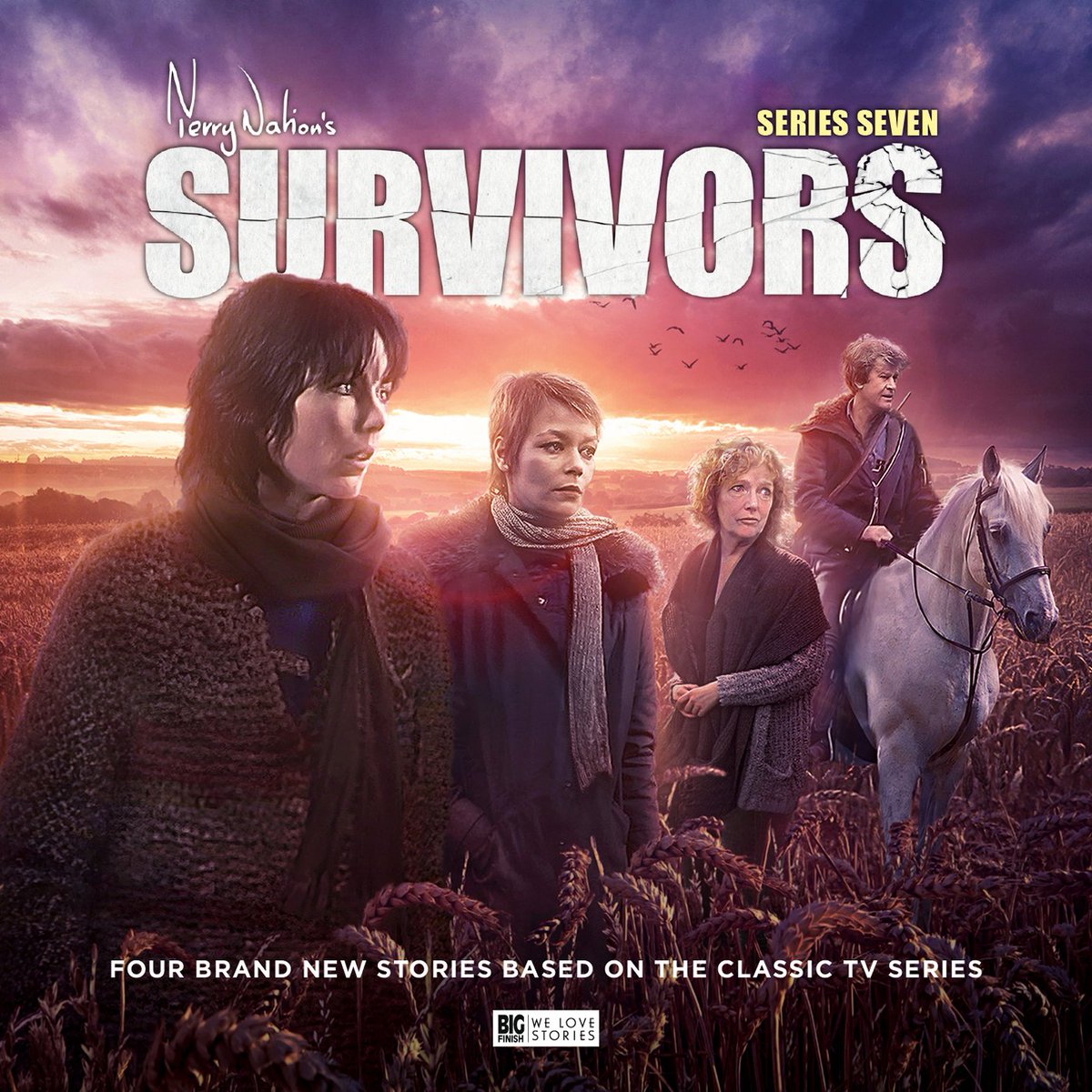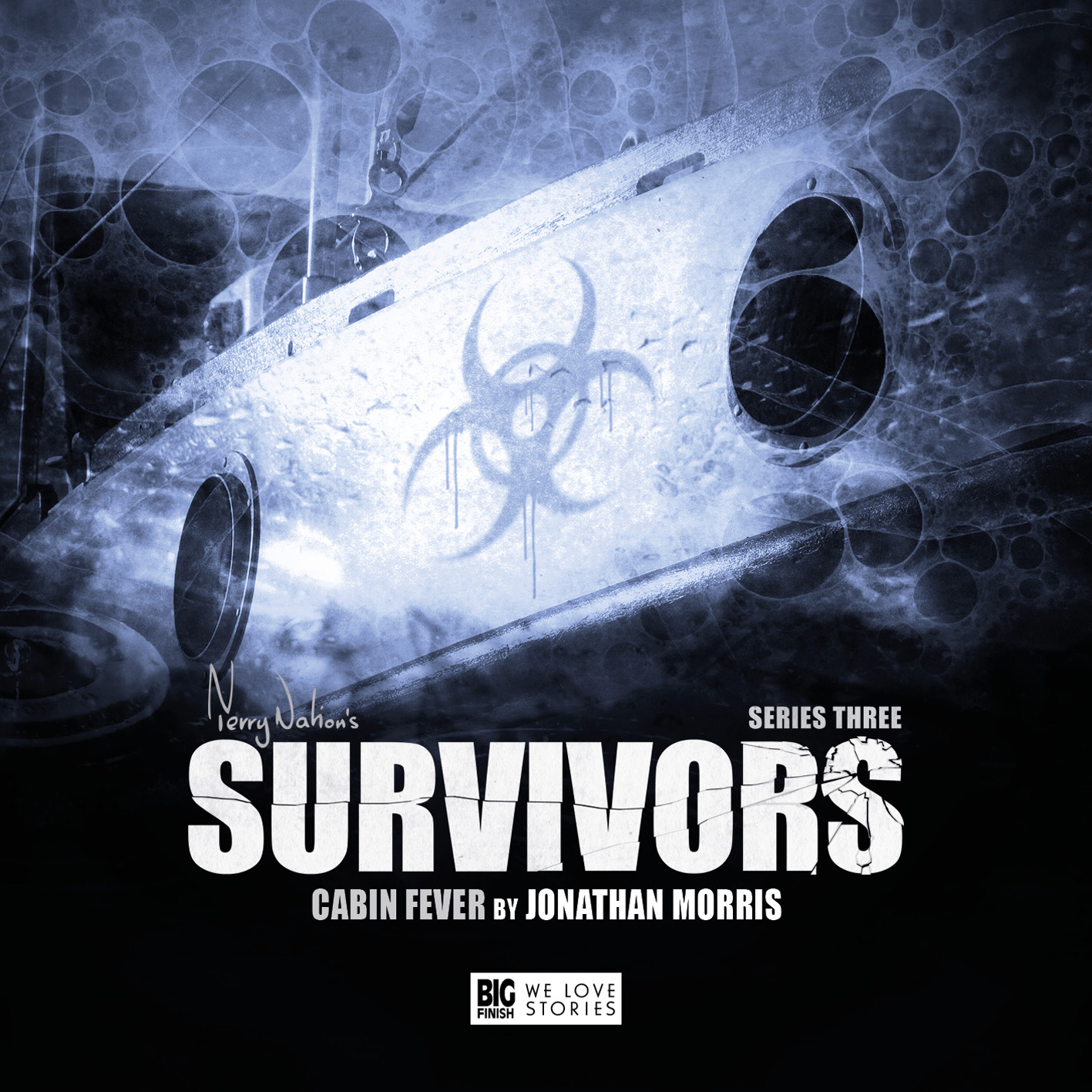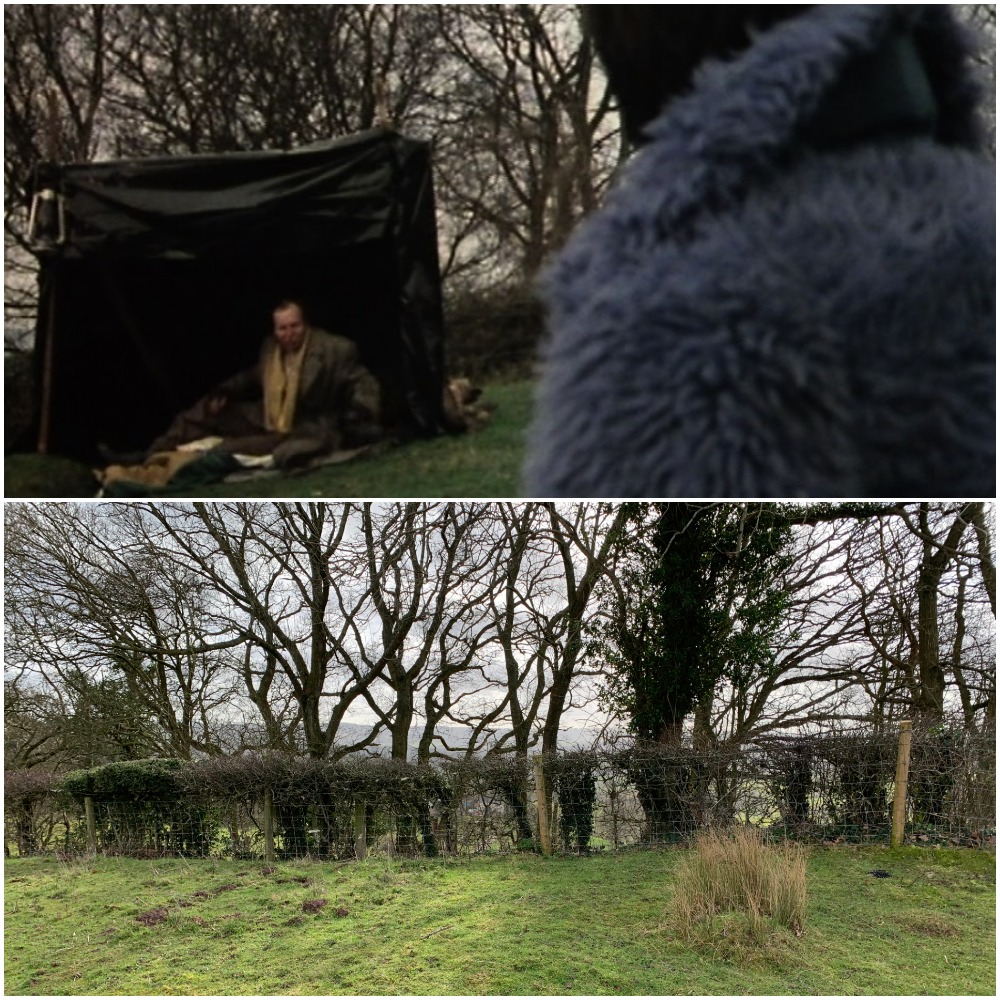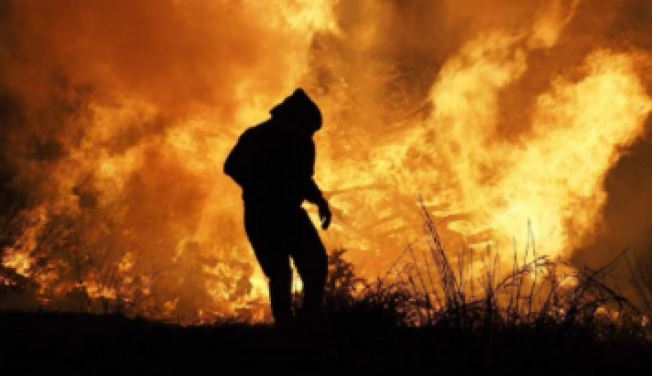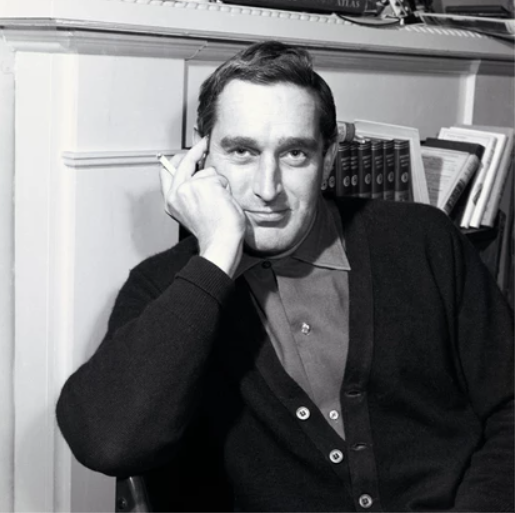
AUTHOR ALWYN W TURNER here discusses his 2011 book on Survivors' creator Terry Nation - The Man Who Invented the Daleks - published by Aurum Press that Spring.
What was it that intrigued you about the idea of researching and writing a new work on Terry Nation?
Initially it was the sheer range of his writing, the fact that he touched so many areas of popular culture: the science fiction, the action adventure series, the comedy... I first came across his name as a writer for Tony Hancock, who's always been my favourite comedian; for Nation to have moved from that to writing for Roger Moore and Tony Curtis, let alone to creating Blake's 7, makes for a fascinating career. And one of the things I wanted to explore is whether there was any continuity to that career, whether there are connexions and themes that run through the whole body of his work.
What, for you, is it that distinguishes Nation as a writer for the small screen amongst his contemporaries in the action and fantasy genres?
It's the obvious answer, but sometimes it's worth stating the obvious: Nation invented the Daleks. And that's very rare: to be able to claim responsibility for a fictional creation that becomes a household name, that has lasted for nearly half a century and shows little sign of flagging.
The creation of the Daleks lifts Nation onto a different level, in the same way that Bram Stoker creating Dracula makes him stand out from his contemporaries, the likes of Arthur Machen or F Marion Crawford. Writers produce these creations and occasionally, very occasionally, there's an alchemical reaction when the public encounter them, a transformation that takes them from mere fiction into something approaching myth. But it's a wildly unpredictable process. Even within the confines of Doctor Who Nation tried to replicate that success, as did many of the other writers on the series, and none ever succeeded.
Nation touched so many areas of popular culture: the science fiction, the action adventure series, the comedy
Alwyn W Turner
But there's also the undoubted truth that in many other ways Nation was an entirely typical writer in his fields. To some extent he's interesting for what he shares with his contemporaries as much as for what makes him different.
Would you accept that, compared to many other genre TV scriptwriters, Nation's career has been quite extensively explored over the years? Will your book bring a fresh perspective to the subject; a reappraisal of the man and his work; or draw in new sources?
Certainly there are parts of Nation's work that have been covered in some depth, primarily the Daleks, Survivors and Blake's 7. But I think there are other areas that haven't received the same attention. His early days of writing comedy, for example, tend to rate little more than a passing mention, mostly of course because the stuff he wrote hasn't lasted too well in the popular consciousness. But it was successful at the time, and the shows that have survived (typically for the period, many of them have been lost) are worth revisiting, in their own right as well as for the light they shed on his better known creations.
Obviously when writing a book like this, one hopes to bring a new perspective, perhaps a new focus on how his childhood in South Wales shaped his mature work, perhaps the teasing out of common threads. And there are always new things to discover, corrections to be made to the accepted accounts of his career - even (particularly?) to the accounts he himself gave in interviews, which were not always the truth, the whole truth and nothing but the truth.
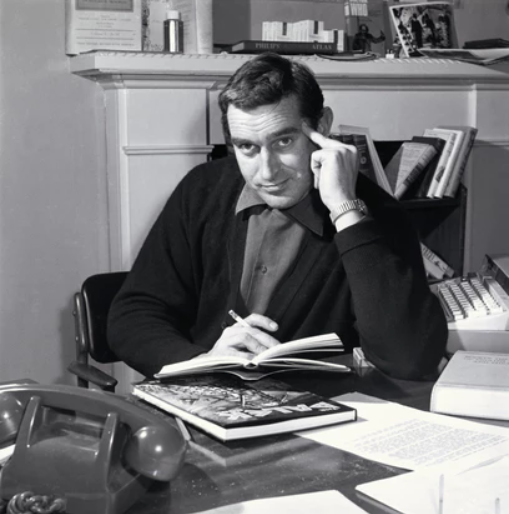
Would you say that this biography of a telefantasy auteur is an extension of your previous work in the field of cultural history or something of a new departure?
I've written a couple of books on great institutions of British popular culture - on Biba and on Portmeirion in particular - that I think have a point of connexion with this book. But more generally I'm fascinated by the shifts that occurred in Britain in the post-war decades. There are a series of cliché phrases that are used as shorthand for those times: 'Austerity Britain', 'Swinging London', the 'Sick Man of Europe'... Well, that's a hell of a change in the space of quarter of a century, even before one allows for the dismantling of a vast empire and the attempt to find a new place in the world.
Nation's career, even though it is largely in the field of telefantasy, does illustrate a great deal of what was going on in those years, in the way, for example, that Britain saw itself in relation to America. And, in a quiet way, his work and that of the other writers in the same circle - Brian Clemens, Dennis Spooner, Clive Exton and so on - helped to bring about some of the transformations that you can see in society.
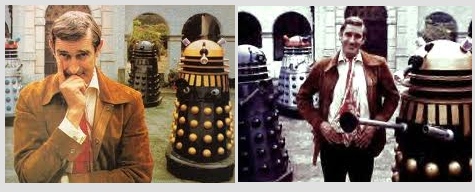
A book examining Nation's work, by Jonathan Bignell and Andrew O'Day, published back in 2004 approached the subject from an academic perspective. Presumably, your approach will differ significantly from that?
There are two key differences, I guess. First in the tone and style - I don't write what would be seen as 'academic' books, I see this as a subject that will be of interest to a more general reader. And second in the range - I have a broader canvas, covering his entire body of work, rather than concentrating on the big science fiction shows.
Sometimes it's enough to recognize that a good story is a good story
Alwyn W Turner
Also, where Bignell and O'Day's excellent book is particularly interested in the collaborative nature of making television series, my focus will be much more tightly on Nation himself. And there'll be more jokes.
Your book will focus on Nation's most creative decades - the 1960s and 1970s. Are you aiming to situate Nation 'in his times' and comment on how his work reflects the cultural world he is working in?
Very much so, but as I suggested earlier, I don't think this is a one-way street. Nation reflects the broader culture, but he also helps to shape it. These were hugely popular shows that he worked on and they did help influence how people made sense of what was happening. In general terms that tends to be what I write about and find interesting - the interaction of culture and society. But I wouldn't want to give the impression that his work is only of interest because of what it tells us about his life and times: sometimes it's enough to recognize that a good story is a good story... and that a good story is always to be cherished.
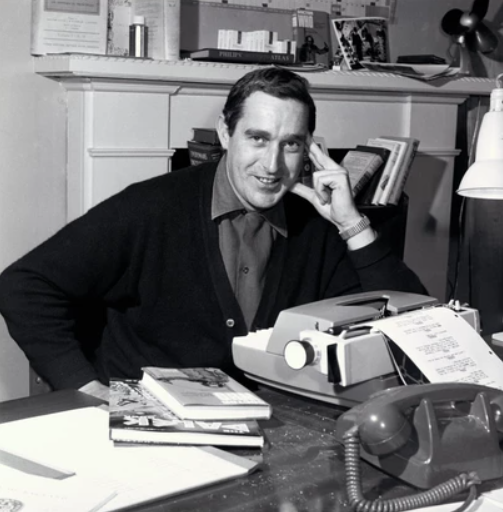
How significant would you say that the successful revival of Doctor Who has been in rekindling interest in Nation's work?
A friend of mine was telling me recently that his six-year-old son has become a Dalek aficionado. Not in terms of the current television incarnation, which he finds a bit too scary, but in terms of the concept. So he's reading the novels. That seems to me to augur well for the future survival of Nation's creations.
And I'd like to think that the remake of Survivors - which struck me as flawed but fascinating - would help bring his name forward again.
Opinions differ about how the importance of Nation's input to the early success of Doctor Who. Do you consider that his work played a key role in ensuring the show's early success? Is Nation's creation of the Daleks as the Doctor's recurring nemesis his most significant contribution to fantasy television, or simply the most well-known?
I don't think there's any doubt that Doctor Who would have struggled to establish itself - let alone to have lasted this long - without a foe worthy of the Doctor. Whether another enemy would have emerged is obviously a matter of pure speculation, but my suspicion is that without the Daleks, the series would have withered on the vine in the first year. So they're important, and they're certainly Nation's best-known work, but personally I don't think they're the best or the most interesting. A very strong case can be made for Survivors as his most thoughtful and creative piece of writing.
What approach will you take to the question of BBC designer Raymond Cusick's realisation of the iconic Dalek design and its importance to the Daleks' longevity?
It's a huge question of what makes a fictional creation achieve that level of cultural impact. There are still new interpretations being suggested for the success of, say, Frankenstein or Sherlock Holmes. In terms of the Daleks, the concept is crucial - the remorselessly evil nature of the creatures, without a single redeeming feature - but so too are the visual appearance and, perhaps even more important than the design, the voice. They come as a complete package, and Cusick and others clearly made great contributions. But none of that should be allowed to detract from the man who conceived them.
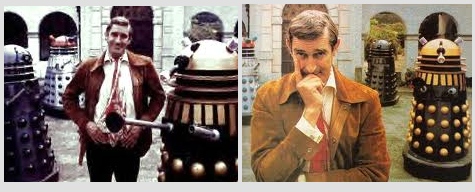
Even at the time he was working, some critics saw many of Nation's scripts as workmanlike and unexceptional. He was sometimes criticised for an overreliance on familiar action motifs and weak characterisation and dialogue. Other suggested that Nation was best as an 'ideas man'. Do you think such criticism has any validity? Will the book comment on Nation's critics?
A lack of interest in characterization, dialogue that is often mundane, derivative action sequences - there are many things one can say about Nation's writing. The question is whether these are flaws or strengths. They certainly didn't affect the popularity of his work amongst ordinary viewers, regardless of what critics said. I think I'd argue that you have to evaluate a piece of work according to what it set out to do: there's no point in complaining that Dennis Potter's plays are a bit lightweight when it comes to visions of the future. Similarly no 12-year-old went to Doctor Who expecting to find a Tolstoyan understanding of human beings.
Storytelling was his primary interest and what he regarded as being the greatest strength of television
Alwyn W Turner
The relevant issue, I think, is that much of Nation's work stands in a great tradition of popular fiction, extending back to, say, Conan Doyle, Edgar Wallace, John Buchan, those kind of writers. And in that context, his work stands up remarkably well. He was a great storyteller, and he was perfectly happy to sacrifice character development if it got in the way of a decent story for an episode of The Persuaders!.
At other times, though, when it was appropriate and when there was more room, there is a greater concentration on more critically approved areas of writing. Abby Grant seems to me to be a perfectly well-developed character, as does Avon in Blake's 7. But still the characterization comes from the story, because storytelling was his primary interest and what he regarded (correctly, in my view) as being the greatest strength of television.
Is it possible to identify the signature elements of a classic Terry Nation script?
There are a set of Nation themes and plot developments that he drew on quite unashamedly, whether it's the escape that leads to recapture, or the issue of what attributes are desirable in a leader, or even something as mundane as a sprained ankle (an all-too-common danger in his Doctor Who scripts).
And there's an important point to make here: that Nation was primarily working in an era before home video recorders and DVDs. You didn't expect to see these shows more than once, or possibly twice if they got a repeat. So repetition wasn't a cardinal crime in this sort of writing - indeed there was something reassuring about coming across a familiar element.
Will the book take a chronological approach; a thematic one; or look at each of the series that Nation worked on in turn?
It's primarily chronological, but the chapters are structured around his work and there was some overlap - he was writing for The Saint, for example, when he was still working on Doctor Who - so occasionally there will be a break to catch up on a period. I think it's important to keep a chronological approach because there is a cascade of influences through his work. He does revisit ideas and situations, but he often brings in something that's new, and it's easier to see when viewed in the light of what has gone before. And, as one would expect from a writer who spent so many years on so many different series, there is a maturation of style: put simply, Survivors is better written than 'The Daleks'.
How much of the book will focus on Nation's work on Survivors? Will you look exclusively at the first series, as this was the only one which Nation contributed scripts for, or series two and three as well?
Survivors is one of his major pieces, the first time he had a credit that read 'series created by Terry Nation', so clearly it warrants extended consideration. The focus will obviously be on the first series, since that was his personal contribution, but I don't hold with the opinion that it was all downhill after he left. There's a lot of very fine work in the second and third series, and it's always interesting to see what other writers made of the set-up he bequeathed to them.
Survivors is... his most considered work and the opening three episodes.. are perhaps the best thing he ever did
Alwyn W Turner
For you, does Survivors stand apart in any meaningful way from the rest of Nation's scriptwriting canon; or is it a quintessential Nation series?
There are strong thematic links to other things he wrote, but there is a qualitative difference as well. Survivors is in many ways his most considered work and the opening three episodes in particular are perhaps the best thing he ever did: having nearly two-and-a-half-hours to tell a continuous story, without the need for cliff-hanger endings, allowed him a freedom to spread himself in a way that he'd never done before, to interweave the tales of a disparate collection of characters. And he rose superbly to the challenge.
Having said which, Jimmy Garland [introduced in the Nation-scripted Garland's War] remains my favourite character in the whole piece. But then I do like a good adventure hero.
How would you enthuse a Survivors enthusiast with what the book will offer them?
I'd hope that there might be a few unexpected takes to be found in a new account, some new angles on his influences and thoughts. By putting it in the context of his whole career, some surprising parallels will emerge.

Which of the series that Nation created, or contributed to, do you most enjoy or rate most highly personally?
Inevitably with this kind of project, it's the stuff that's new to me that is most striking. I knew that I liked Survivors and The Persuaders! and Blake's 7. But I didn't know the Daleks serial 'The Chase', which turns out to be great fun despite its rather low critical standing, and I didn't know the television version of The Baron, which I've fallen in love with - it lacks the tongue-in-cheek humour of many of those 1960s series, but it's really rather endearing. There are also some nice small pieces, such as Charles Hawtrey's cameo in the Adam Faith film What a Whopper.
But the one that impressed me the most as a great lost opportunity was The Incredible Robert Baldick, for which only a pilot was made in 1972. That was a character that I think, had it been given the time and budget to develop, could have been a real winner.
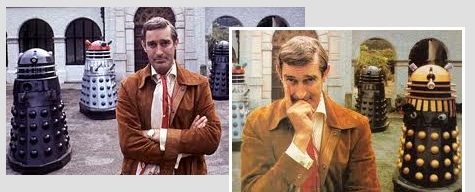
How important a legacy has Nation left behind in the field of popular television? How visible is that legacy?
Apart from the continuation of his own creations - the Daleks, the remake of Survivors - I come back again to the idea of storytelling. Nation's ability to take the literature of his childhood and to translate its key elements to television still resonates: Edgar Wallace is little read these days, but his influence is still discernible, thanks to the work of Nation and of the other writers of his generation.
I've never seen a problem with a writer being workmanlike, though perhaps I'd be happier describing him as a craftsman
Alwyn W Turner
In the history of modern TV, has Terry Nation yet secured the reputation that he deserves?
For a long time, it seemed to me, a lot of television history focussed on the big-name writers of single dramas: the Wednesday Play tradition, as it were. But in recent years there's been a move towards taking seriously the more populist side of television, the series that were and are consumed by mass audiences. And in that context, Nation is starting to get the respect that I think he deserves. You used the word 'workmanlike' earlier, as a criticism that's often been levelled at him. Personally I've never seen a problem with a writer being workmanlike, though perhaps I'd be happier describing him as a craftsman. And craftsmanship is sometimes easy to overlook. Terry Nation was a fine teller of tales, and that's what has always been at the heart of writing and of human creativity. I'd like to celebrate that.
Audio interview with Alwyn W Turner
An audio interview with author Alywn W Turner, discussing his book on Survivors' creator Terry Nation is now available from The Books Podcast.
Alwyn W Turner was interviewed by Rich Cross on 11 August 2010
Cite this web page
Cross, R. (2021). 'Interview: Alwyn W Turner,' [online] Survivors: A World Away, 31 January. Available at: https://survivors-mad-dog.org.uk/a-world-away/Interview_Alwyn_W_Turner.php. Accessed on: 03 March 2026.
Current style: Harvard
TAGS

